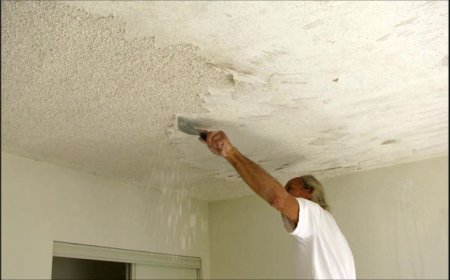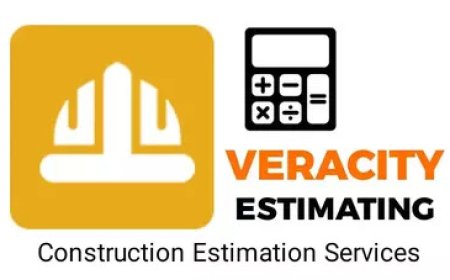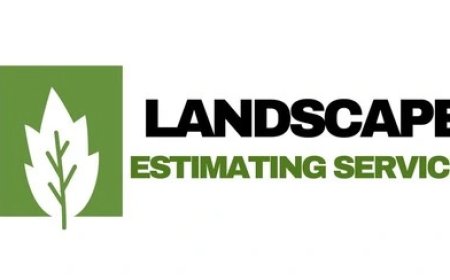Tips for Tenants: Reading Between the Lines in a Lease for Residential Property!
Explore expert tips and legal insights on Lease for Residential Property. Learn how to lease, renew, or end residential agreements with ease and clarity.

Navigating a Lease for Residential Property demands close attention to notice periods and renewal conditionsdetails that can cost you if overlooked. Many renters realize too late that some leases renew automatically unless canceled by a specific deadline, while others convert to month-to-month agreements. Knowing if your lease has a defined term or rolls over after it ends is essential. Watch for clauses that require 60 or even 90 days notice before moving out, as failure to comply might lead to extra fees or forfeiting your deposit. Check if rent increases are allowed upon renewal and how much notice youll get. Setting reminders the day you sign your lease can help prevent surprises later.
Hidden Fees That Could Increase Your Monthly Costs
Many renters assume that the rent listed on the advertisement is their total monthly obligation, but often, thats not the case. Rental agreements can include a variety of hidden charges, such as trash collection fees, key replacement costs, pest control surcharges, and mandatory renters insurance. Some landlords even charge administrative fees just for processing your application or renewing your agreement. If you own a pet, watch for pet rent in addition to a pet deposit. Also, check if there are penalties for paying rent late or using specific payment methods. A few dollars here and there may not seem like much initially, but over a year, these fees can add up significantly. Request a written breakdown of all recurring and one-time costs before you sign to get a clear picture of your actual financial commitment.
Rules About Guests, Subletting, and Other Occupants in the Home
You might be surprised to learn that some rental agreements place strict rules on who can stay in your unit and for how long. If youre someone who frequently has visitors or plans to live with a roommate, this section is critical. Some agreements prohibit overnight guests beyond a set number of days per month or require written permission from the landlord for extended stays. Others completely forbid subletting or charging rent to others, even temporarily. Violating these terms could not only strain your relationship with your landlord but also potentially lead to eviction. If you travel often and want to rent out your space short-term, such as through Airbnb, be sure to read the policy thoroughlyits often strictly prohibited. Always be upfront about your living situation, and get any special arrangements approved in writing to avoid future issues.
State-Specific Rules You Need to Know About a Lease for Residential Property
When entering a rental agreement, many tenants and landlords assume that rules are the same everywhere. Thats a costly mistake. Every U.S. state has its own legal framework for renting residential spaces, including unique regulations for deposits, notices, lease terms, and eviction procedures. Whats perfectly legal in one state could be a violation in another. Thats why understanding the local legislation isn't just smartits essential. Without doing so, you risk invalidating your rental contract or facing legal disputes that could have easily been avoided.
Security Deposit Limits and Timelines Vary Greatly from State to State
One of the most commonly misunderstood aspects of renting is how security deposits are handled. Some states, like California, cap security deposits at two months rent for unfurnished units. Others, such as Texas, don't have a statutory limit but impose strict rules on how quickly deposits must be returned, usually within 30 days. In states like Massachusetts, landlords are required to place the deposit in a separate, interest-bearing account. If you dont know your states specific requirements, you may end up paying too much upfront or miss out on your rightful refund at the end of the rental period.
Properties for Rent Near Schools: Why Families Should Consider Location
Choosing a home under the category of Properties for Rent near a top-rated school district can greatly influence a childs learning journey. Living close to school often means fewer tardies and absences, which helps students stay engaged and connected with their academic environment. This proximity can foster stronger relationships with teachers and peers, leading to improved performance and a greater sense of belonging, crucial during key transitions such as starting kindergarten or moving into middle school.
Neighborhood Safety and Community Ties Are Stronger Near Educational Hubs
Areas surrounding schools tend to have enhanced safety measures such as crossing guards, school zone traffic rules, and increased police presence during key hours. This can offer peace of mind to parents and a safer environment for children. Furthermore, living near a school often means more opportunities to engage with other families, attend local events, and become part of a tight-knit community, which strengthens social bonds and support networks.
Higher Demand Often Means Greater Long-Term Value and Rental Security
While families may initially seek a location close to schools for convenience, theres a practical financial benefit too. Rental homes in these areas often experience higher demand and lower vacancy rates, which can translate to more stable rental terms. This stability is especially appealing to families planning to stay in one place for several school years, offering consistency for both the children and their educational journey.
Flexibility and Lifestyle Benefits Make These Locations Ideal for Growing Families
Living near schools often comes with access to other essential amenities like parks, libraries, and healthcare facilities all of which are crucial for families with young children. These neighborhoods are usually designed with family life in mind, offering walkable streets, well-maintained public spaces, and a variety of childcare and enrichment options. As children grow, having everything nearby simplifies day-to-day life and allows parents to be more engaged and present.
How to Spot Scams While Looking for Properties for Rent Online
Scam artists prey on urgency. If youre being rushed to send a deposit or first months rent before seeing the place in person or without signing a proper lease, take it as a warning. Legitimate landlords or property managers will allow you time to consider your decision, provide documentation, and offer secure methods of payment. Never wire money or send funds through untraceable platforms like gift cards or cryptocurrency. A professional transaction should include a secure channel, clear documentation, and verifiable contact information.
Look Out for Poor Grammar, Vague Responses, and Lack of Professional Communication
A major sign of a fraudulent listing is poor communication. If emails or messages are full of typos, inconsistent details, or oddly formal language, be cautious. Scammers often use generic templates and may not be able to answer specific questions about the home. Ask questions that require direct, detailed answers such as local utility providers or lease terms and see how the person responds. Inconsistencies in their replies should raise suspicion and prompt further investigation.
Research the Person Youre Dealing With to Confirm Their Credibility
Just like you would vet a company before making a big purchase, you should investigate who youre dealing with when it comes to housing. Look up the name, email address, or phone number of the person offering the home. Check if they're associated with a registered real estate agency or management firm. If they claim to be an owner, see if public property records match their name. Any hesitance to provide credentials, identification, or references is a big warning sign.








































